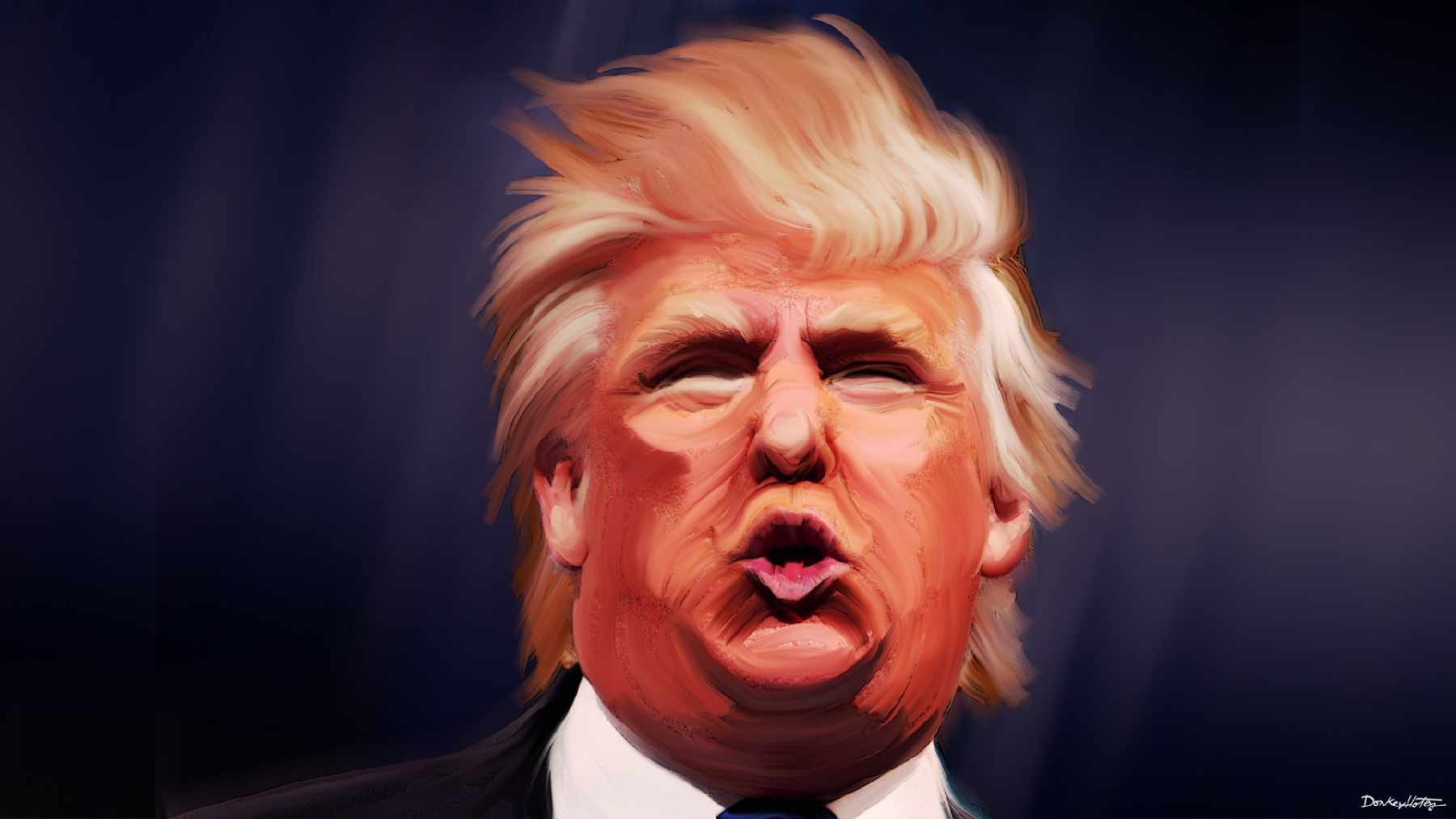The Brazilian government said it is concerned about US President Donald Trump’s order to build a wall along the Mexican border. In a press release, the Brazil’s Ministry of Foreign Affairs (Itamaraty) opposed the US government’s unilateral initiative.
Brazil is proposing the dialogue as a solution for problems between “friendly peoples, as it is the case of the United States and Mexico.”
On Thursday, January 26, Mexican President Enrique Peña Nieto canceled his trip to the neighboring country after Trump signed an executive order authorizing works on the wall.
The US president also defended that Mexico should pay for the construction, which was regretted and condemned by Peña Nieto.
“The vast majority of Latin American countries have close ties of friendship with the United States people. Therefore, the Brazilian government expresses its concern about the idea of building a wall to divide sister nations on our continent without reaching a consensus between them,” reported the Itamaraty.
“Brazil has always worked with the firm belief that matters between friendly peoples – as it is the case of the United States and Mexico – should be solved through dialogue and the creation of spaces of understanding,” the Brazilian government added in the statement.
After taking office last Friday, Trump announced a series of controversial measures, including withdrawing the United States from the Trans-Pacific Partnership deal and tightening immigration rules.
In December, President Michel Temer talked to him about launching an agenda between both countries.
Reactions
Roberto Abdenur, former Brazilian ambassador to the US, Austria, China and Germany, noted that Trump’s proposal is “absolutely absurd.”
“From the point of view of most observers, it isn’t necessary and it doesn’t make sense. But we must admit that the US government has the sovereign right to build this wall,” Abdenur said.
“But other than that it would be absurd to think that Mexico itself will pay for a measure which so negatively affects its interests. With that, they have gone too far.”
Political scientist and expert on American affairs Denilde Holzhacker said that Brazil is showing solidarity with Mexico, and the note reflects concern about relations with the new administration across Latin America.
“Trump is unpredictable. We know that he has a big problem with taking criticism. But this is a balanced note from the Brazilian government which shows the concern not only of Brazil but all of Latin America about how Trump is behaving with Mexico. He is showing a high degree of propensity to conflict, which can also affect other countries.”
“Trump demonstrates a defensive and often aggressive reaction to any criticism of him, so we have to wait and see how he reacts to this note,” Holzhacker said.
“Brazil is trying to show not only the importance of the Latin American region for its foreign policy, but also to express solidarity with a Latin American country. This is a tradition in Brazilian foreign policy.”
Cooperating with Colombia
Brazil’s Defense Minister Raul Jungmann will meet with his Colombian counterpart and commanders of the Armed Forces of Colombia next Tuesday, January 31, in Manaus, Amazonas state, to sign agreements to cooperate in anti-weapon and drug smuggling operations in the borders shared by the two countries.
Jungmann pointed out that a peace agreement entered into force on December 1, 2016 after half a century of clashes between the Colombian government and the Revolutionary Armed Forces of Colombia (FARC).
As part of the agreement, illegal drug crops must be eradicated, and the guerrillas must turn over their weapons to the United Nations.
Brazil’s defense minister talked about concerns over these weapons entering Brazil. “Some of the FARC’s dissidents are opposed to the [peace] process, and there is a concern – justifiable or not – that part of their arsenal could be migrating to our cities,” he said.
Roraima
Minister Jungmann held a press conference in Recife, Pernambuco, in which he also announced an Armed Forces operation at Monte Cristo prison in Roraima state, beginning immediately.
Military forces there are running searches and checks for weapons, drugs, escape tunnels, and mobile phones, using wall X-ray devices and a tunnel detector, as well as 15 drug sniffing dogs.
He explained that the 335 soldiers who are in Roraima now have no contact with the prisoners, since the state’s police forces are responsible for containing the prison population and had entered the prison before the Armed Forces. The Military Prosecution Service is monitoring the operation.
In addition to Roraima, four other states including Amazonas and Rio Grande do Norte have requested similar searches, according to the minister.
ABr

